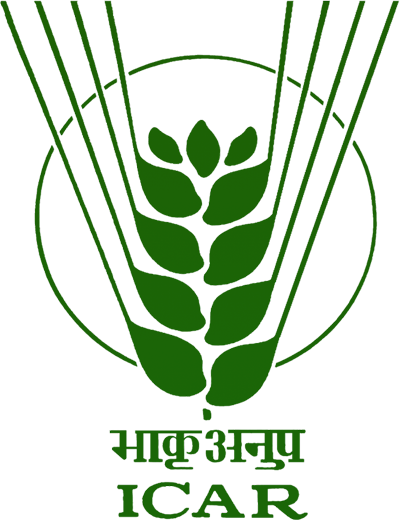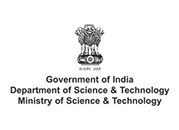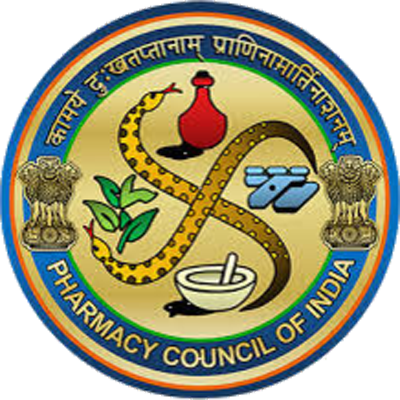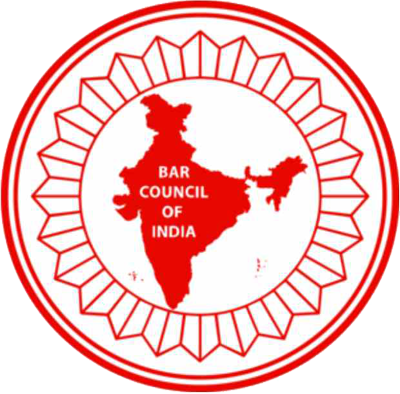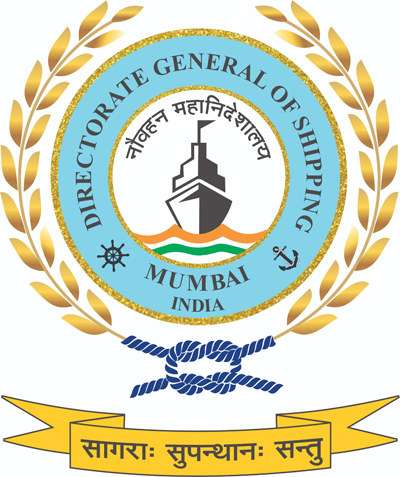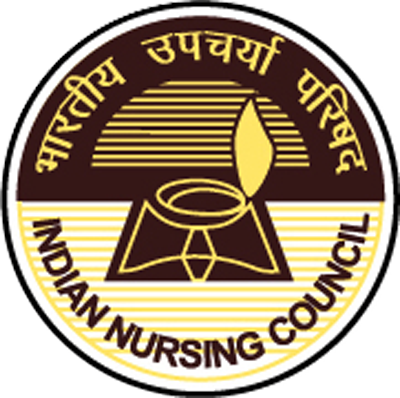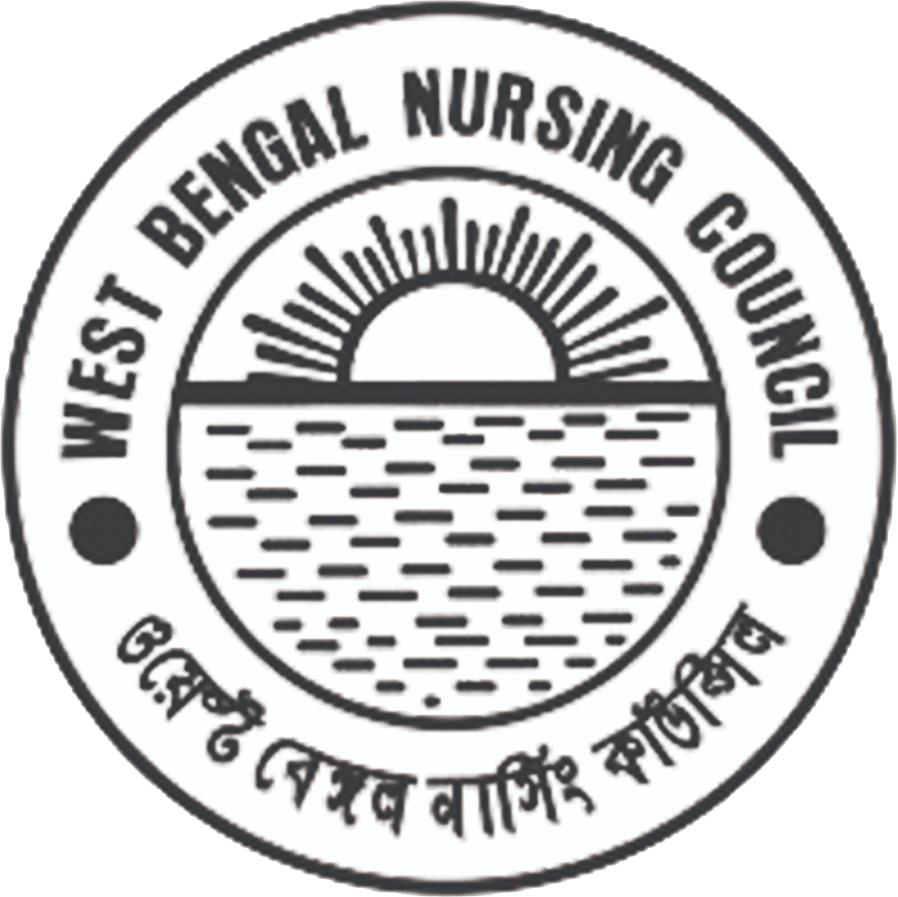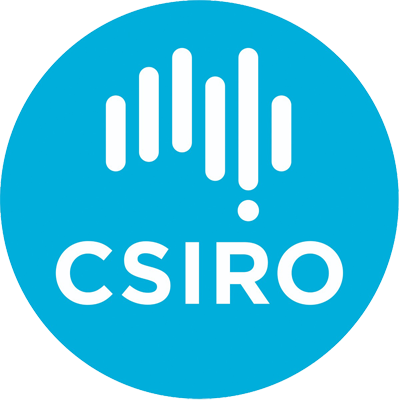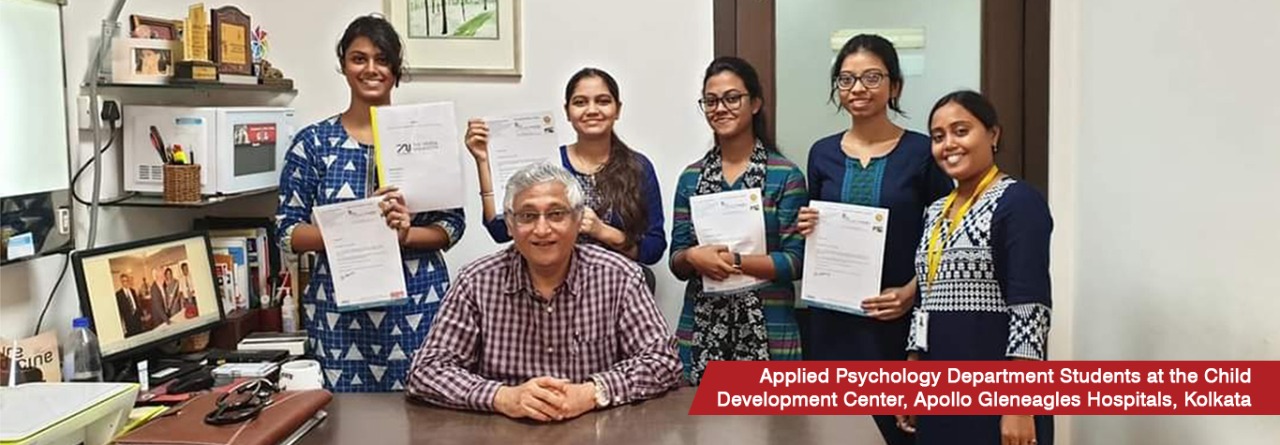With the increase in the aging population, mental-health problems, physical problems the need of psychologist is increasing. Applied Psychology postgraduates have a vast range of career options. With a master’s degree in clinical psychology, post graduatescan practice psychotherapy in limited situations while those with a degree in an experimental psychology area can
instead opt to focus on a research-oriented career. Post graduates shall have ample opportunities to work in the speciality areas such as developmental specialist, drug and alcohol specialist, rehabilitation expert, human resources analyst, vocational rehabilitation provider, self-reliance specialist and more. A master’s degree in psychology also serves as an excellent preparation for careers outside of psychology. A solid background in research and statistics might also qualify you to work in areas such as market research, human resources manager, public relations representative, employee trainer, project manager and more. Post Graduates may pursue M.Phill & Ph.D courses in psychology, which will help to get more knowledge, experience, and a higher job roles. The compensation and salaries for these individual jobs are specific and depend largely on the skill-set they have built and the experience in the industry.



